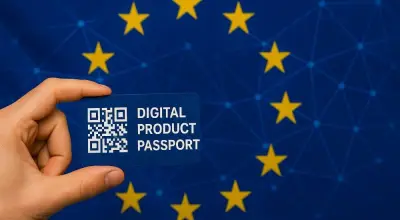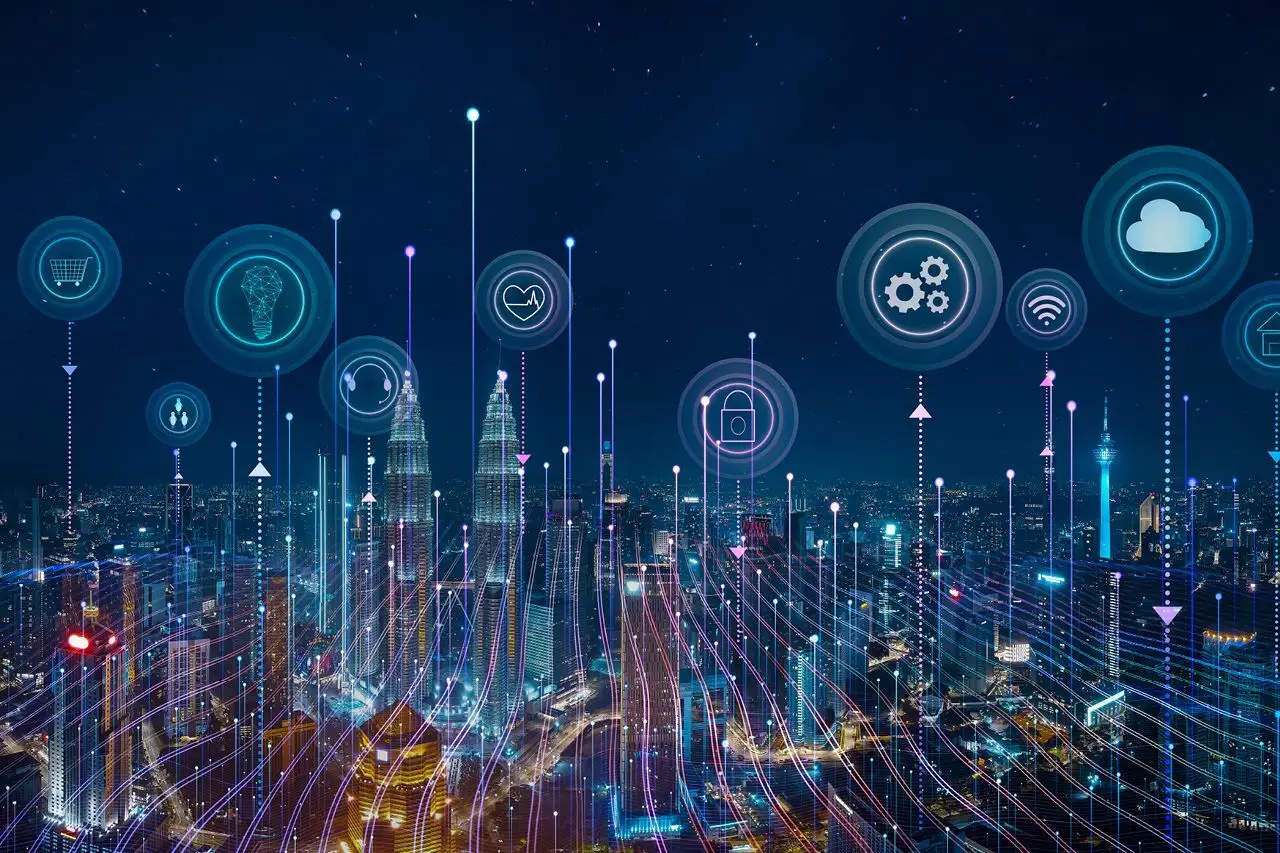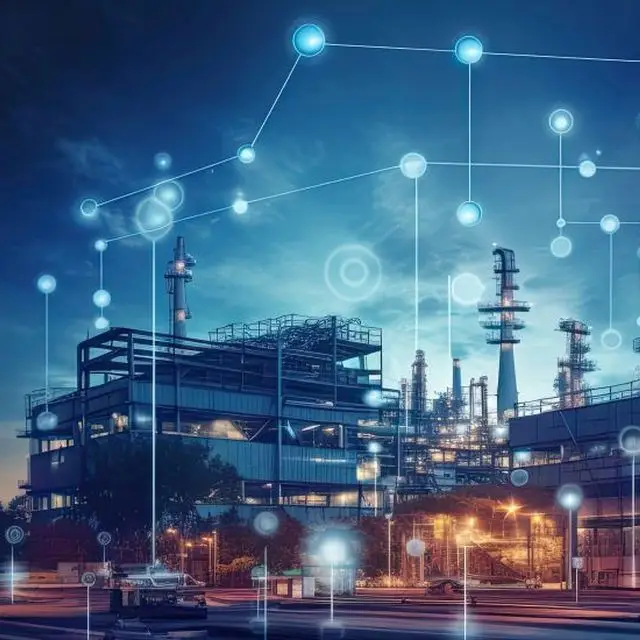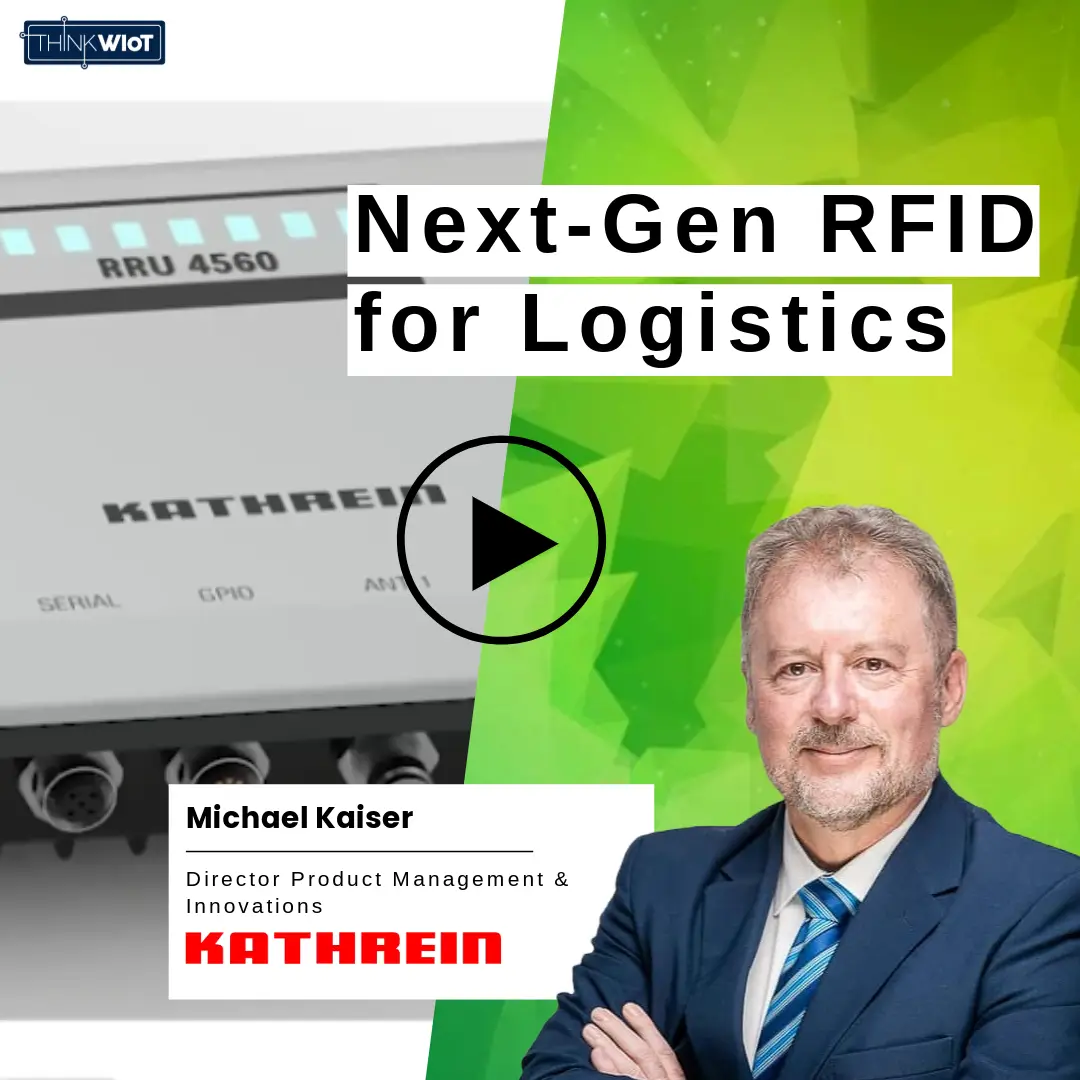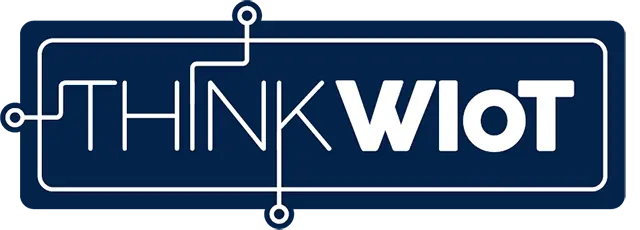The Fundamentals of IoT
What is IoT? How does IoT work? These questions are part of the Internet of Things FAQ. The Internet of Things (IoT) refers to the networking of physical objects and devices that can communicate with each other and exchange data via the Internet. These IoT systems consist of sensors, software, and other technologies that enable connection and data exchange between machines, devices, and platforms. IoT integration plays a crucial role in creating smart and connected environments that increase efficiency and productivity in various industries. The Internet of Things is often seen as a key technology for the digital transformation of companies and the improvement of information provision. An essential aspect of the IoT is the ability to collect and analyze large amounts of data in real time. The Federal Network Agency regulates the use of frequencies and telecommunications services to ensure smooth communication between IoT devices. IoT technology is increasingly being used in Germany and around the world to develop innovative solutions and applications.
IoT Products
Application Areas of IoT
IoT is used in a variety of application areas, ranging from the manufacturing industry to healthcare and the smart home. In the manufacturing industry, IoT systems enable real-time monitoring of machines and production processes, leading to greater efficiency and less downtime. In healthcare, connected devices support the monitoring of patients and the management of medical resources, which improves the quality of care. Smart home technologies use the Internet of Things to connect household appliances and systems, increasing convenience and energy efficiency. Agricultural businesses use IoT to monitor environmental conditions and optimize irrigation and fertilization, which increases yields and conserves resources. The Internet of Things also plays an important role in logistics and transportation by improving the tracking and management of supply chains. Cities are using IoT technologies to develop intelligent transportation and lighting systems that reduce energy consumption and improve the quality of life for residents. Finally, IoT platforms offer comprehensive solutions for integrating and managing connected devices and data.
Advantages of IoT
The use of IoT technology offers numerous benefits for companies and consumers alike. One of the most important benefits is the improvement in efficiency and productivity through the automation and optimization of processes. IoT systems enable continuous monitoring and analysis of operational data, leading to better decisions and faster responsiveness. IoT integration can also improve safety by providing early warning of potential problems and enabling preventative action. In the manufacturing industry, the Internet of Things helps to increase production quality and reduce downtime. In addition, IoT applications can increase the comfort and quality of life of users by providing intelligent home and building controls. The extended supply of information through networked devices also supports the management of resources and sustainability. IoT providers are constantly developing new solutions to address the diverse requirements and challenges of different industries.
IoT Security and Challenges
Security in the Internet of Things is a key concern, as the increasing networking of devices also brings with it means new security risks. One of the biggest challenges is to identify and close potential security gaps in IoT systems to prevent unauthorized access and data loss. Companies need to develop robust security strategies that include encryption, authentication and continuous monitoring. The diversity of IoT devices and platforms makes it difficult to implement uniform security standards. In addition, IoT providers must ensure that their solutions comply with legal and regulatory requirements to ensure the privacy and protection of user data. The Federal Network Agency plays an important role in regulating and promoting IoT security in Germany. Finally, companies and end users need to be made aware of and trained in how to use IoT technologies in a security-conscious manner and minimize potential risks.
Articles on IoT
Partners Spezialized in IoT Solutions
Future Prospects and Further Development of IoT
The future of IoT will be characterized by continuous technological advances and new application possibilities. With the introduction of 5G networks, IoT systems will become even more powerful and enable new real-time applications in various industries. The development of smarter and more energy-efficient sensors and devices will continue to drive the spread of the Internet of Things. In addition, the integration of artificial intelligence and machine learning into IoT platforms will significantly improve the ability to analyze data and make decisions. Collaboration between IoT providers, regulators, and businesses will be the key to developing standardized and secure IoT solutions. The Federal Network Agency will also play an important role in promoting and regulating the IoT infrastructure in Germany. Ultimately, the Internet of Things will continue to play a central role in the digital transformation and create new opportunities for innovation and growth.
IoT Trends
The development of the IoT is characterized by several important trends that are shaping the future of this technology. One of the main trends is the rise of IoT security, which is becoming increasingly important due to the growing number of connected devices. Companies and IoT providers are increasingly investing in security solutions to close potential security gaps and ensure the integrity of their systems. Another trend is the expansion of IoT connectivity solutions that enable seamless communication between different devices and networks. The integration of 5G technology into IoT systems promises faster data transfer rates and lower latency, resulting in improved performance and new application areas. WSN IoT (Wireless Sensor Networks) are also gaining importance as they offer flexible and cost-effective solutions for the collection and transmission of data. Finally, the Federal Network Agency plays a central role in regulating and promoting the IoT infrastructure in Germany to ensure efficient and secure use of frequencies and telecommunications services.
